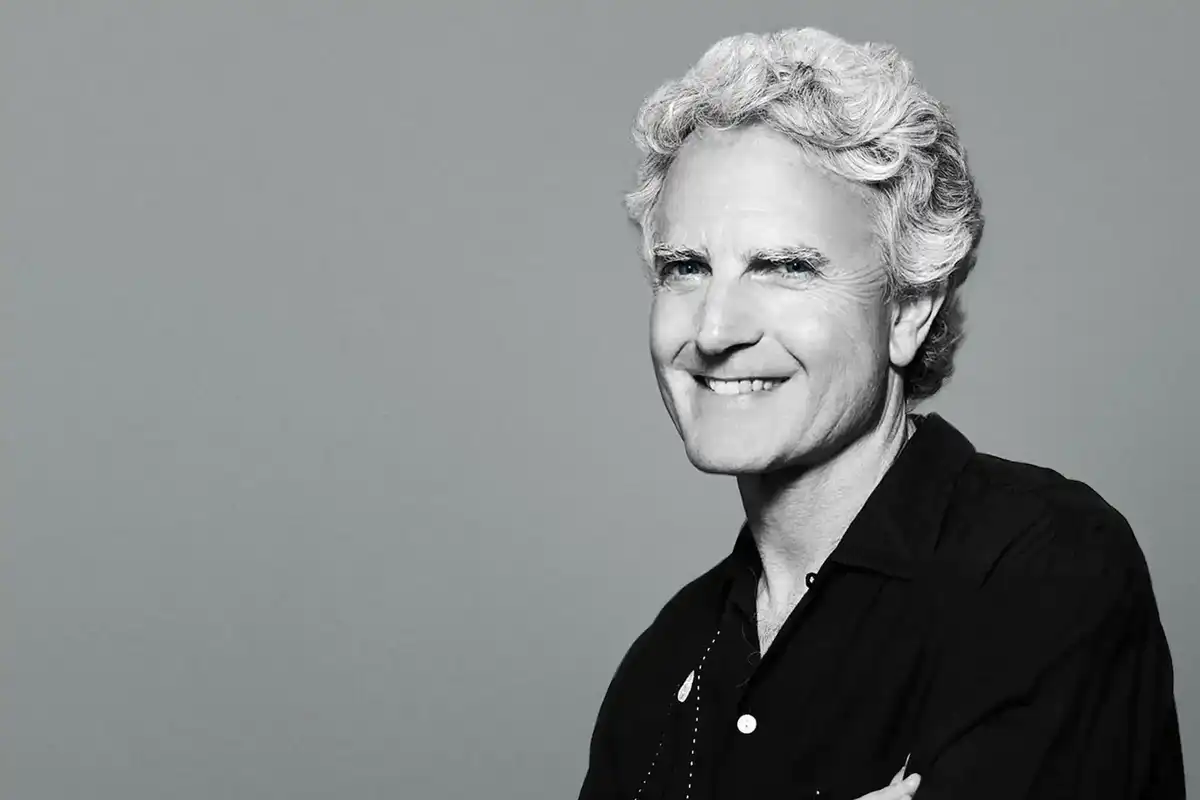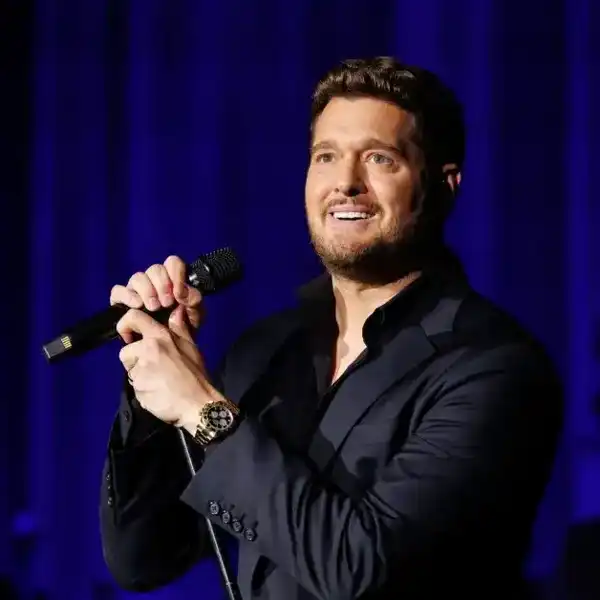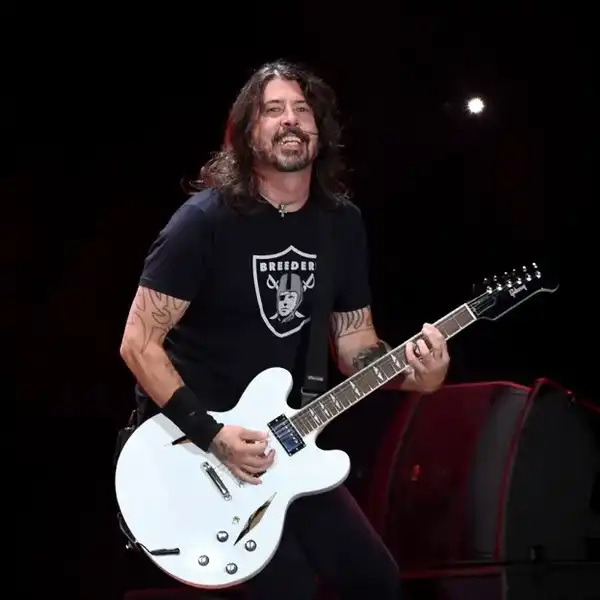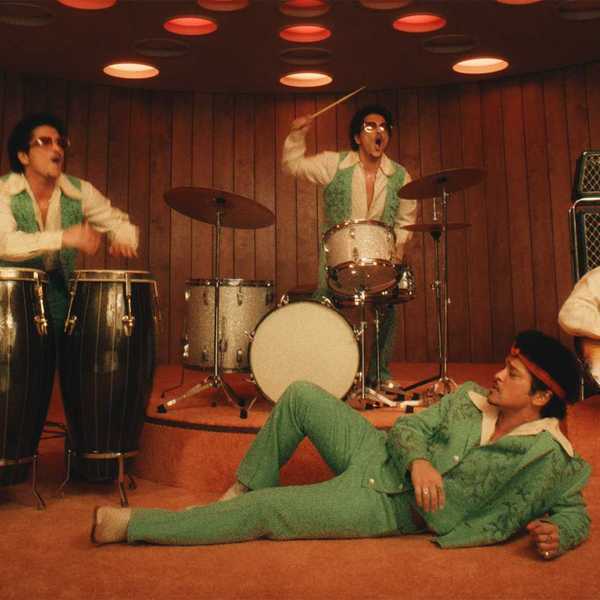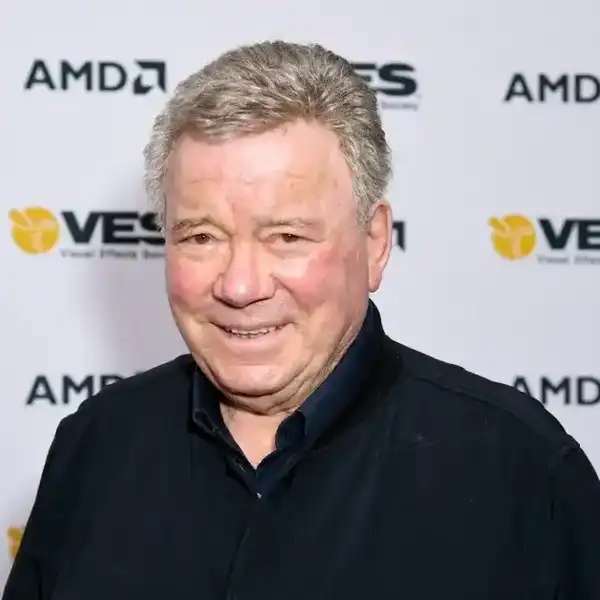The Gig Man Remembers Hollywood 1976
I occasionally recall our time in Los Angeles in the mid-’70s with amusement. A two-year stay inhabited with bizarre characters – equally unusual gig opportunities, eternal sunshine, tree-lined boulevards shadowed by stately palm trees, stucco homes, and the casual drift of street people roaming our property.

By Bill King
Anyone who has ever dreamt of playing on stage or has done this as an occupation has endured the Good, the Bad, and the Crazy. As music becomes an event staged in paved arenas, for those of us who have experienced the joy of playing in tight quarters -– we’ve learned to cherish those irreplaceable moments, the fun and unexpected happenings when only a few dollars materialized. The music was either great, workable, or plodding, yet the laughter flowed.
I occasionally recall our time (Kristine, Jesse and I) in Los Angeles in the mid-’70s with amusement. A two-year stay inhabited with bizarre characters – equally unusual gig opportunities, eternal sunshine, tree-lined boulevards shadowed by stately palm trees, stucco homes, the air thick with petroleum by-products, and the casual drift of street people roaming our property.
There were periods of concentrated employment and off days spent body surfing the seasonal waters, from Santa Monica to Malibu to Zuma Beach, and a weird assortment of near comical local gigs days between touring. The good, the bad – or, in this piece – the hilarious and weird and the profound. Even biking around Hollywood could get you killed. Cars owned every square inch of pavement, yet I tripped about oblivious to the aggression.
Anyone who plays an instrument and performs for a living knows that survival in the music industry depends on acute instincts, prospects, and a nose for a dollar. Let’s say in the music business, a dollar is always a dollar. A gig that paid $75 in 1976 pays $75 in 2021.
While I was music directing for Martha of Martha & the Vandellas, the King family encamps up the hill from Capitol Records on Ivar Avenue in this courtyard housing eight white shingled cottages. One would assume kept starlets, hustlers, and pimps during the decadent days of Hollywood filmmaking who partied from dusk to dawn in these sweet structures. Actor Abe Vigoda, Detective Fish from the television show Barney Miller, lived up the hill in a seedy hotel.
Our four-room bungalow was music central. A place where the piano roared and neighbours hovered outside listening in. The same infamous grounds where I tossed Helen Reddy’s acting music director/guitarist to the street following twenty minutes of insults and attitude. Or the time a Hollywood actress sang Feelings in three languages sparking Kristine to march room to room shuttering fourteen windows. “I’ve got to live here too. The neighbours' Bill!” Oh, that gig with Martha - an adventure unto itself, to be told at later date. Months after, the Pointer Sisters hired me, and off days I’d take the occasional gig outside the bubble. This is where the story begins.
I'm strolling near the Capitol Records tower mid-afternoon when this stranger in a suit walks up to me. "Hey, I know you. You're the keyboard player with the Pointer Sisters. I caught you at the Roxy the other night. I’m a real fan. You know, I'm a trumpet player and bandleader, and I lead a big band in the hotels. The greatest of all big bands and I recently bought a club in Sunland and flipped it into a jazz club. I'd love for you to be my keyboard player. It's going to be the hottest jazz club in the valley." I entertained the offer and held my ego in check. This guy is a working musician, has a club and pays money. Why not? I accept. As the conversation fades and we reach an agreement, he forgets to inform the drive is fifty-five miles of freeway over and through mountains. That would be Sunland, San Fernando Valley, located between the Verdugo and San Gabriel mountains. WTF?
The prized venue was down an off-ramp and centre of town. Not some Hollywood—Sunset Strip bar, but a cowboy tavern stacked with weathered faces, wrinkled snouts, and heavy eyelids. Three beers for these main street rustlers was much like watching the effects of a handful of prescription drugs - faces only inches from plopping into a tallboy.
As I stepped past the bar/hitching post and near Harry, I catch him off guard, "Bill, so good to see you. Look around, so much promise. Let's turn this into a hot jazz club. People down here are starved for jazz. Look at them. So excited. Go ahead and set up on the bandstand.” Located down the room, back of the bar, a makeshift carpeted bandstand, a house sound system mounted on stands and a lone stool situated down the middle. "It's so important you arrived early. The drummer will be here in the next hour. We will murder.” Murder? “I’ve got the tunes here in this bag. These people are starved for jazz.”
I unpacked the Fender Rhodes and lug in a massive Tuck ‘n’ Roll Kustom bass amp, set up then take a seat at the bar. Next to me was a tall Stetson. "You play that whatever?" I pause, "Yes, it's a piano." "Who plays guitar?" "I don't know." "You play any Roger Miller, Johnny Cash, George Jones, Merle?" "No, we play jazz." "You play what? I don't want to hear that shit. This is my bar. You play country music here or else - always been a country and western bar. You know any Tex Ritter?” “No, we play jazz.” “You are telling me that fella who took over my bar is gonna play jazz here?” “That’s what I’m told.” “I ain’t listening to that shit. The food may be better here, but that ain’t stopping me from going down the street. Fucking jazz makes a good steak taste like asphalt.” I then watch six or seven middle-aged men continue to nurse beers, heckle, and ride Harry like Crowbait.
After the 'meet and greet' and everything is in order, I then ask about the bass player. "You're the bass player— it’s trumpet, drums and piano," says Harry. Look, Steve’s set up, why don't you two get started, and I'll join you soon—play Satin Doll. The two of us abide and play chorus after chorus. We were about to change songs when Harry strolls near the bandstand. “Don't change yet. I'll be with you in a moment. Got to throw a couple of steaks on the grill." Harry ducks into a back room, minutes later returns with trumpet in hand, takes the apron off, and plays a few courses of Satin Doll, then disappears again. Moments pass when I catch Harry slinging plates of charred T-Bone steaks, string beans, and mashed potatoes past the bandstand. Harry pauses then turns and calls out a second tune. Dancing in the Dark. Seriously?
I’m following the absurdity and laughing inside. Then the same progression of events repeats itself. Past ten o’clock, the cowboys clear out and Harry’s Hollywood friends arrive for the festivities. “Harry, what a nifty little club. Looks like a wonderful place to start a “Cowboys for Jazz club.” We’re famished. What’s on the menu,” asks one sharp-looking damsel near distress. Harry responds, “Tonight, the special - 16-ounce T-bone steak, string beans, and mashed potatoes.” A woman shouts aloud, “Sushi? Is there a vegan alternative, Harry? — nope.” Harry walks past the bandstand. “Guys, we got to kill this set – String of Pearls and keep playing until I get back to you. We play chorus after chorus after chorus and no Harry. I witnessed the occasional head shake; eyes roll upwards and the whispers from the crowd. "How long does it take to fake a steak? How come they never play a different song. This isn't jazz. This is death by jazz - coma jazz. Help me?"
Break time, and I’m back on a bar stool nursing a Coke when Harry walks over. “I can’t stand up; my feet are killing me. This is exhausting. I need customers. Don’t take too long, people want jazz.” The four or five friends Harry was entertaining would never cover the bills.
Back to the bandstand. All steaks delivered, Harry fixes his bow tie, steps on stage, and blows Cherry Pink and Apple Blossom White, looks around and says, “Where have they gone? - my big show stopper, and they are missing it? You know, I'm known in Hollywood. I'm the leading hotel trumpeter, this isn’t right."
Night one ends and time to collect the agreed-upon pay, $80 per man. I wait to settle. Harry dodges and goes about wiping down tables. “Harry, I’ve got to get back to Hollywood. It will be three in the morning.” “Sorry Bill didn't make enough tonight. Come back tomorrow, and I'll pay in full at night's end.” I was a gullible musician back then like most my age and bought into the Grift.
Night two.
No cowboys at the bar, only Harry. “They went down the street. I sense people will still come out in force. Hell, this is the only jazz club in a hundred-mile radius,” says Harry.
We wait, wait, and wait. "You guys get up there and play; I'm paying you." Harry slumps in a corner near the kitchen, beaten and left to die when the front door swings open and in walks ten of Harry’s big band pals. "I told you, Bill. You let people know where to find jazz, and they'll show. They drove all the way from Hollywood. Jazz is alive.”
“Harry, what a cozy little room you have,” says one. It smells like horses’ bed down in here,” says another. “Why is there a portrait of a butchered buffalo and dead rattlesnakes hanging above the bar? Shouldn’t Cal Tjader be up there? Maybe photos of Peggy Lee or Herb Alpert? You know, jazz greats,” says one more. Then the keeper. “I’m famished. What's the fish of the day?” Harry responds, "T-Bone steaks." No, what's the fish of the day, Harry? "I don’t serve fish, T-Bone steaks." "But I don't eat meat. How about a veggie platter?" A shaken Harry ponders, "I only have green beans and mashed potatoes." A young woman holding what looks like an alto sax case grimaces and looks over at Harry, "Why don't you walk down the street and buy some vegetables and fish?" You’ve got a stove, a grill, don’t you? It’s like we drove from Miami to Minnesota to get here. I don’t want to eat some dead animal. By the looks of it, horse meat.” Harry holds firm. "T-Bone, string beans and mashed potatoes." "Fuck it, bring us whatever you have," says another.
Harry throws six tenderized slabs on the grill then hits the bandstand with his signature barnburner, Stardust, so tame even the crows hovering above decamped for the cowboy bar down the street. Let's just say, endless ballads in a room meant as a watering hole for cowpunchers numbs the dead.
I watched Harry sprint between patrons hoisting steaks on platters—none calculated to arrive on time as his pals drank every drop of liquor from the thinly stocked shelf behind the bar.
Past midnight, Harry, by now exhausted, grease on his hands stops, slips into a tux jacket, and bowtie tie returns to stage, a blood-stained apron strung around his waist. Moonlight in Vermont. I look up at this poor defeated man in wonderment and think, Moonlight in Vermont? A song vampires sing during a night of restless sleep. “This is the worst day of my life. I'm selling the bar. Jazz is dead!" Harry announces.
Late at night, gig over and drummer all packed. “How much do you think we are getting paid?” he asks. “$160, as agreed,” I respond. “But what about me?” This was way too strange. “You know I work with Harry in the hotels. If I ask he’ll say no, and I’ll never work in the hotels again.” Sorry…
Pay uptime.
“Harry, I have a long ride home—that's $160," I say in a self-assured business voice. "Sorry Bill, I lost money this weekend and can't pay you guys. Why don't we try this again next weekend?" I held my temper in check. "Harry, there won't be a next weekend. I need my money." Harry paced around with a broom in hand, mumbling between sweeps, "I'm broke."
I load the piano and three-hundred-pound amp in my Volkswagen Dasher walk back and face Harry. "Harry, I'm not leaving until I get paid." Harry ushers me outside and hands me a $20. "That’s it,” I ask. “Harry, I'm not leaving until I'm paid," I repeat. Harry returns and hands me $80. Please leave - don't tell the drummer." I thought about bugle man’s future in the club business and long drive ahead and call it a draw. As I'm leaving, the drummer comes over, "I heard you got money - split that with me." I remind him to negotiate on his own. Harry returns and gets between me and ‘sticks’ man, "Oh Bill, I'm never hiring you for my hotel orchestra, understand? Agreed?” How could one turn down a deal like that?
The drive home a nightmare. Pitch black, no signs or highway markers just rolling camel hump-like mountains in the distance that never seem to inch closer. Two hours of driving on paved wilderness. I eventually flag down a patrol car – the cop driving laughs his ass off knowing I’ve been running in circles. “See that mountain over there – drive straight towards it – that’s Glendale. You’ll be home by six a.m.”
A few short months pass when I run into Harry on Hollywood Boulevard.
“So, how’s the jazz club going Harry?” I ask. “Gone with my savings.” “Well, at least you have the hotel gig.” "They fired me and my orchestra. Of all things, they are staging Hollywood Loves Country Music. That’s not jazz!"
A Night at The Roxy
Playing with Motown's great bassist James Jamerson is one of those heart-beating moments in life.
I’m by now music director for the Pointer Sisters, playing grand piano and clavinet and we’re about to play the Roxy Theatre on Sunset Strip two nights with an all-star band - David T. Walker guitar, Smokey Robinson’s music director, Smokey Burke on Fender Rhodes, James Gadson, drums and James Jamerson, bass. I’m already nervous.
A rehearsal takes place in Jamerson’s garage. I set up my Fender Rhodes, play a few chords, wait as players load in. Guitarist Wah Wah Watson was last to arrive. The girls enter and ask to do the Ellington Medley first, arranged by Peter Matz. I hand out parts. Wah Wah looks and says, “I can’t read this,” tosses the music aside. All the while, Jamerson is throwing out one-liners, knocking me to the pavement below. Jameson must have surmised I was a natural "laugh target" because he never let up.
The gig… I tell players is one momentous lesson about groove and pocket. As soon as the band hit at the Roxy, I felt something different from the standard jam pocket. It was broader. By that, I mean—Gadson played down front of the beat and Jamerson behind. As I’m adjusting to the beat Jamerson says to me. "Gadson is out front of the beat, and I'm back here—all the real estate in between belongs to you. Build wisely." I took a deep breath and search for that comfort zone between greatness. A pocket so wide you could have a smoke and a beer before the next beat.
Half time, we hung in the band dressing room where Jameson held court. Once again, the one-liners fired in rapid succession. David T. Walker deciphered, repeated, and laughed out loud. So loud the room cried as if this was comedy's last rites.
It was my 30th birthday and a cake appeared like magic. My girl Kristine sent word for me to come to the main room immediately. Like a sunflower standing in full bloom, she says to me, “I want you to meet my new friends, Dr. J – Julius Erving and George McGinniss – two stars of the breakaway ABA basketball league. Happy birthday.
What no steaks?

